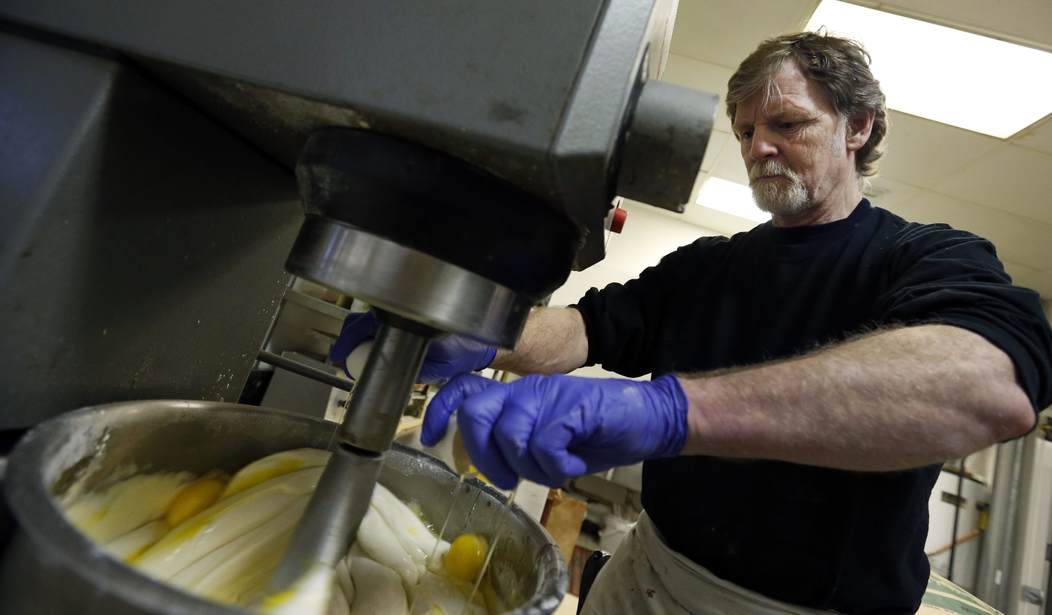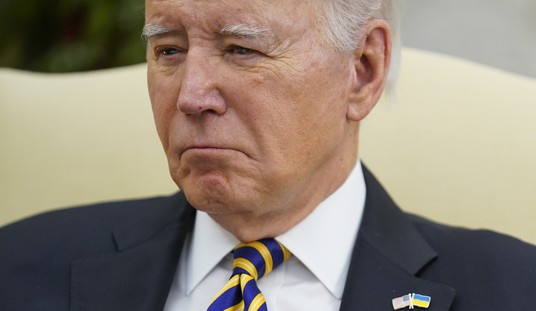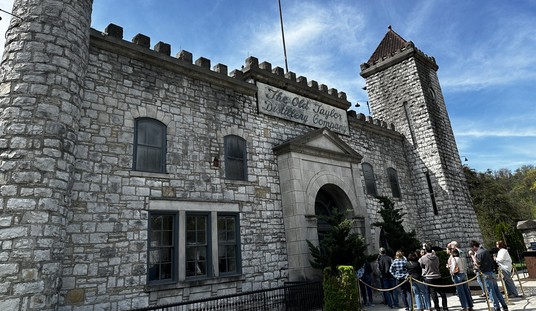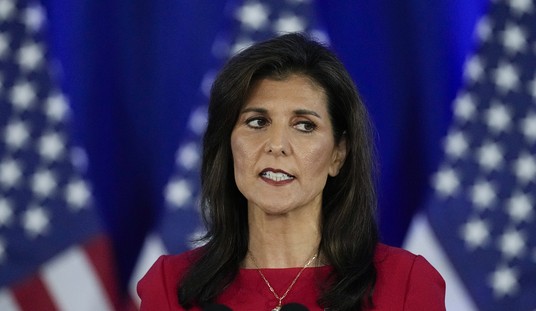On Friday, a federal judge struck down motions to dismiss Christian cake artist Jack Phillips’s lawsuit against Colorado. Last June, the Supreme Court had ruled that the Colorado Civil Rights Commission violated Phillips’s religious freedom by engaging in “clear and impermissible hostility” to his “sincere religious beliefs.” Months later, however, the commission went after him again, for refusing to create a cake celebrating a gender transition. Phillips is suing Colorado in response.
“The same agency that the Supreme Court rebuked as hostile to Jack Phillips has remained committed to treating him unequally and forcing him to express messages that violate his religious beliefs,” Jim Campbell, senior counsel at Alliance Defending Freedom (ADF), the law firm representing Phillips, said in a statement Monday.
Last Friday, Wiley Y. Daniel, a senior judge at the federal district court for Colorado, struck down state officials’ motions to dismiss Phillips’s lawsuit. Daniel did, however, rule that many of the people the baker had sued enjoy immunity from civil suits, and therefore cannot be defendants in the case.
The cake artist had sued Aubrey Elenis, director of the Colorado Civil Rights Division, the seven members of the Colorado Civil Rights Commission, Colorado Attorney General Cynthia Coffman, and Gov. John Hickenlooper (D-Colo.). Daniel ruled that each of these people enjoyed immunity, except AG Coffman. The suit, originally known as Masterpiece Cakeshop v. Elenis, will likely continue as Masterpiece Cakeshop v. Coffman.
Phillips’s original case began in 2012, when the cake artist refused to craft a cake celebrating a same-sex wedding in 2012. Despite the baker’s offer to bake or sell anything else to the same-sex couple involved, the commission ruled that he had discriminated against them on the basis of sexual orientation.
ADF and Phillips presented two basic arguments: that his free speech rights enabled him to opt out of baking a cake with a message he disagreed with (endorsing a same-sex wedding), and that he was treated unfairly on the basis of his religion.
Ironically, the commission actually defended another baker who refused to bake a cake that would convey a message. In 2015, the commission declined to take up an appeal involving Azucar Bakery, which refused to bake Bible-shaped cakes with messages against homosexuality. The bakery’s owner, Marjorie Silva, said she refused to bake the cakes because the writing and imagery were “hateful and offensive.”
One member of the commission went so far as to compare Phillips to a Nazi, even though the baker’s father liberated concentration camps in World War II.
While the Supreme Court did not rule on whether or not Phillips has the free speech rights to refuse commissions that violate his conscience, the seven-two decision in Masterpiece Cakeshop v. Colorado Civil Rights Commission (2018) upheld his religious freedom from the commission’s blatant animus and invidious double standard.
Even so, the commission kept going after Phillips. On the very day the Supreme Court decided to hear Masterpiece Cakeshop (June 26, 2017), a caller asked the bakery to make a cake with a pink inside and a blue outside, celebrating a gender transition from male to female. The shop politely declined, but Phillips believes the same lawyer called back later, requesting other custom cakes with messages that violate his faith — even a cake celebrating Satan with explicitly sexual implements.
Shortly after the Supreme Court ruled in favor of Phillips, the commission began to investigate the baker again, finding probable cause that he had discriminated against the transgender lawyer who placed the call — Autumn Scardina.
Rather than rejecting the discrimination complaint, the commission decided to support it. In order to forestall another 6-year legal battle defending from spurious claims of discrimination, Phillips and ADF filed a lawsuit against the state.
Elenis, Hickenlooper, and Coffman filed motions to dismiss that lawsuit, but on Friday Judge Daniel upheld Phillips’s complaints. While the state “allows other cake artists to decline requests to create custom cakes that express messages they deem objectionable and would not express for anyone,” Colorado treated Phillips differently, Daniel wrote.
This “disparate treatment … reveals” the state officials’ ongoing “hostility towards Phillips, which is sufficient to establish they are pursuing the discrimination charges against Phillips in bad faith, motivated by Phillips’s … religion,” the ruling explained.
“Colorado is acting in bad faith and with bias toward Jack,” Campbell, the ADF lawyer who argued before the district court last December, said in his statement. “We look forward to moving forward with this lawsuit to ensure that Jack isn’t forced to create custom cakes that express messages in conflict with his faith.”
Legacy media outlets cast Phillips as the aggressor in the transgender case, leaving out key information. His lawsuit has a good chance at success, regardless of media mischaracterizations.
Follow the author of this article on Twitter: @Tyler2ONeil.








Join the conversation as a VIP Member